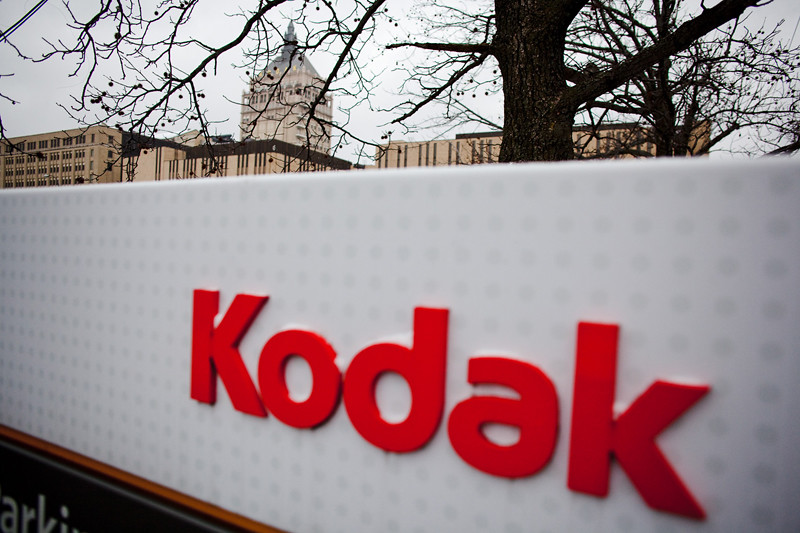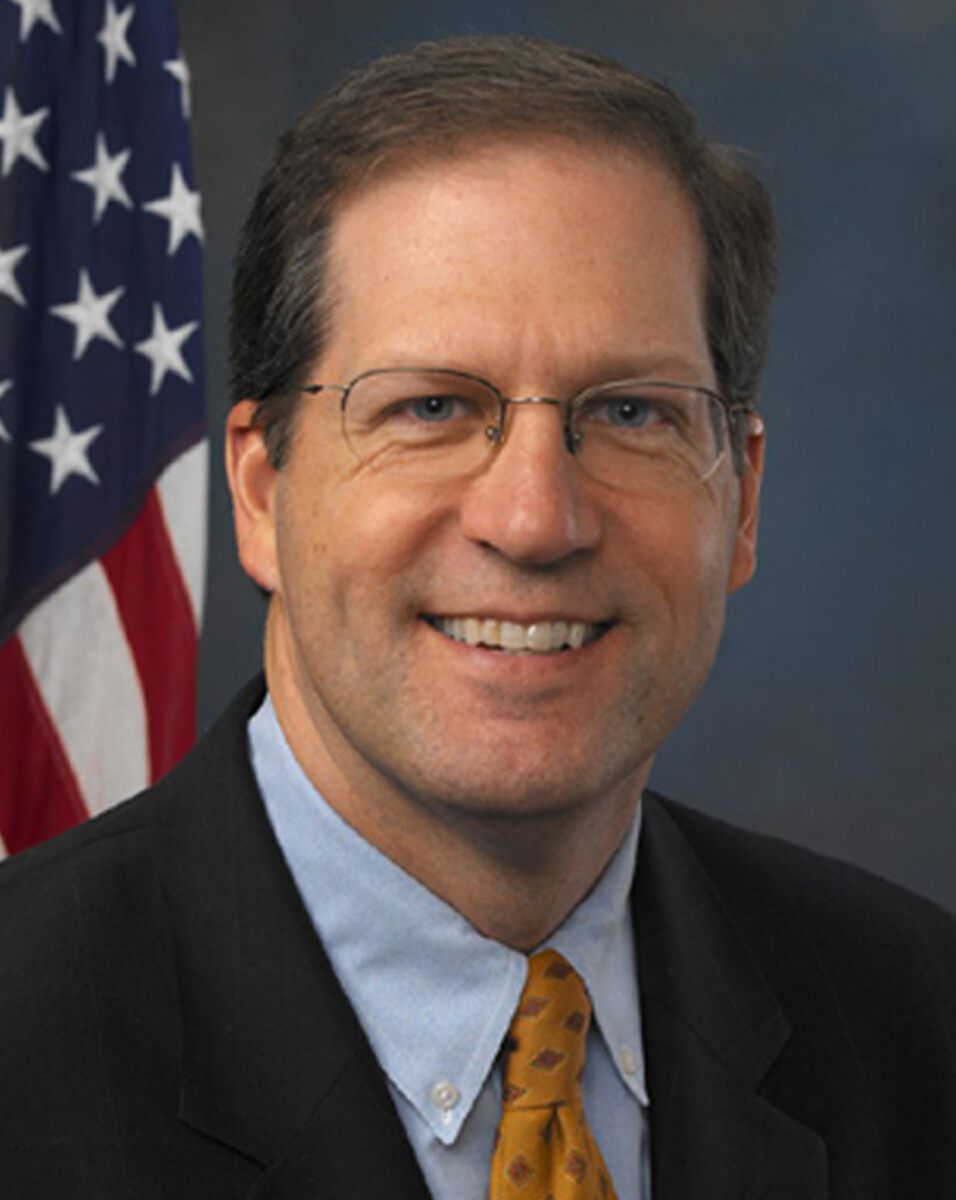Missouri’s economy is a dynamic mix of agriculture, manufacturing, technology, and trade, making it a key player in the U.S. economic landscape. With its central location and extensive transportation network, the state serves as a major logistics hub, connecting businesses to markets across the country. Home to Fortune 500 companies, a strong agricultural sector, and a rapidly growing tech industry, Missouri continues to evolve as a center for innovation and commerce.
Beyond its industrial and agricultural strengths, Missouri also benefits from a thriving startup ecosystem, a skilled workforce, and investments in renewable energy. In this article, we explore ten fascinating economic insights that define Missouri, shedding light on its key industries, economic trends, and future opportunities. From the significance of its transportation infrastructure to the rise of advanced manufacturing, these insights highlight how Missouri remains a critical force in the national economy.
The Heartland’s Agribusiness Giant

Missouri’s economy is deeply rooted in agriculture, making it a powerhouse in the agribusiness sector. The state’s fertile soil and favorable climate conditions contribute to its reputation as a leading agricultural producer. Missouri ranks among the top five states for beef cattle production, and its soybean and corn yields are substantial contributors to the state’s economy. The economic influence of agriculture extends beyond farming, impacting related industries like food processing and logistics. This agricultural prowess is not just about traditional farming; Missouri is also embracing modern techniques. Innovations in biotechnology and sustainable farming practices are being adopted, ensuring that the sector remains competitive and robust. The state’s commitment to agriculture has created a ripple effect, boosting employment and supporting rural communities across Missouri.
Manufacturing: The Backbone of Missouri’s Economy
Manufacturing in Missouri is a critical pillar that supports the state’s economic structure. With a diverse range of products, from automobiles to aerospace components, the sector is thriving. The presence of major corporations like Boeing and Ford underscores the state’s importance in the national manufacturing landscape. Missouri’s central location provides a strategic logistical advantage, allowing manufacturers to distribute products efficiently across the country. The sector is characterized by a skilled workforce, which is a result of robust vocational training programs. These programs equip workers with the necessary skills to excel in modern manufacturing environments. The manufacturing industry not only provides jobs but also fosters innovation, driving economic growth and ensuring Missouri remains competitive on a national scale.
Transportation and Logistics Hub
Missouri’s geographical position makes it a vital transportation and logistics hub in the United States. The state is intersected by major highways, railroads, and rivers, facilitating the efficient movement of goods. The Mississippi and Missouri rivers offer significant advantages for waterborne transport, reducing costs and enhancing trade opportunities. Kansas City and St. Louis are major transportation centers, with extensive rail and road networks connecting them to the rest of the country. This connectivity has attracted numerous logistics companies, boosting the state’s economy and creating job opportunities. Furthermore, Missouri’s investment in infrastructure improvements ensures that it remains a key player in the logistics sector. The state’s strategic location and infrastructure make it an indispensable part of the national supply chain.
Thriving Tech Industry
In recent years, Missouri has emerged as a burgeoning tech hub, attracting startups and established tech companies alike. Cities like St. Louis and Kansas City are at the forefront, fostering innovation and entrepreneurship. The state’s tech industry is diverse, encompassing sectors such as software development, cybersecurity, and biotech. Missouri’s commitment to nurturing tech talent is evident through its support for STEM education and partnerships with local universities. These initiatives have cultivated a skilled workforce that meets the demands of the tech industry. The growth of tech companies in Missouri is not only generating employment but also spurring economic diversification. This burgeoning sector is a testament to Missouri’s adaptability and forward-thinking approach, positioning it as a key player in the tech landscape.
Burgeoning Tourism and Hospitality Sector
Missouri’s rich history and natural beauty make it a popular destination for tourists, contributing significantly to the state’s economy. The state’s diverse attractions, from the Gateway Arch in St. Louis to the Ozark Mountains, draw visitors year-round. Tourism not only supports local businesses but also creates jobs in hospitality, travel, and entertainment sectors. Events and festivals celebrating Missouri’s cultural heritage, such as the Missouri State Fair, attract tourists from across the country. The hospitality industry benefits from this influx of visitors, with hotels, restaurants, and entertainment venues thriving. Missouri’s commitment to preserving its natural and cultural attractions ensures that the tourism sector continues to grow and contribute to the state’s economic vitality.
Education and Research Institutions
Missouri is home to a robust network of education and research institutions that play a crucial role in the state’s economic development. Universities such as Washington University in St. Louis and the University of Missouri are renowned for their research contributions. These institutions not only educate the future workforce but also drive innovation through cutting-edge research and development. The collaboration between academia and industry fosters a culture of innovation, leading to the commercialization of new technologies. This synergy between education and industry is a significant economic driver, attracting investments and creating high-tech jobs. Missouri’s commitment to education and research ensures a steady pipeline of skilled professionals, supporting the state’s economic growth.
Diverse Energy Sector
Missouri’s energy sector is diverse, encompassing traditional energy sources like coal and emerging renewable energy technologies. The state’s commitment to energy diversification is reflected in its investments in wind, solar, and biomass energy. Missouri’s central location provides access to vast energy resources, facilitating energy production and distribution. The energy sector is a significant employer, providing jobs in both traditional and renewable energy industries. Missouri’s focus on energy efficiency and sustainability is driving innovation and attracting investments in clean energy technologies. This commitment to a balanced energy portfolio ensures that Missouri remains a leader in energy production and contributes to the state’s economic stability.
Healthcare and Life Sciences
The healthcare and life sciences sector is a vital component of Missouri’s economy, providing employment and driving innovation. The state is home to world-class healthcare institutions and research facilities, such as the Washington University School of Medicine. These institutions are at the forefront of medical research and innovation, attracting talent and investment. Missouri’s commitment to healthcare is evident in its support for medical education and research initiatives. The life sciences sector is characterized by a focus on biotechnology and pharmaceutical research, leading to the development of new treatments and therapies. This sector not only improves public health but also contributes significantly to Missouri’s economic growth and competitiveness.
Financial Services Powerhouse
Missouri’s financial services sector is a powerhouse, supporting the state’s economy through banking, insurance, and investment services. The state’s central location and business-friendly environment make it an attractive destination for financial institutions. Missouri is home to major financial companies and regional banks, providing a wide range of services to businesses and consumers. The financial services sector is characterized by innovation, with fintech companies emerging and reshaping the landscape. Missouri’s commitment to fostering a competitive financial environment ensures that the sector remains robust and dynamic. This sector not only provides employment but also supports economic growth by facilitating access to capital and financial services.
Real Estate and Construction Growth
The real estate and construction sector in Missouri is experiencing significant growth, driven by economic development and population expansion. The state’s affordable housing market and business-friendly policies attract real estate investments. Major urban centers like St. Louis and Kansas City are witnessing a surge in real estate development, with new residential and commercial projects. The construction industry benefits from this growth, providing jobs and stimulating economic activity. Missouri’s commitment to infrastructure development and urban planning ensures that the real estate sector continues to thrive. The growth in real estate and construction not only boosts the state’s economy but also enhances the quality of life for its residents.







